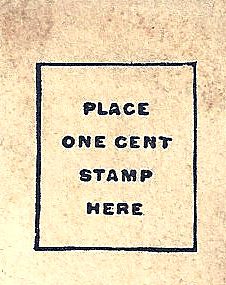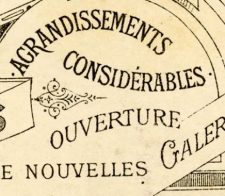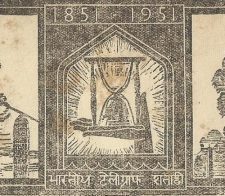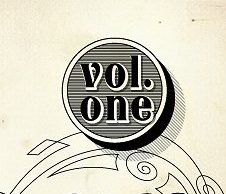Like some winged insects, ephemera – the plural of the Greek ephemeron – denotes things that last through the day. Maurice Rickards defined it as “the minor transient documents of everyday life” – bus tickets, business cards, bookmarks. Ephemera describes modern mass media forms such as the newspaper and radio broadcasts, as well as contemporary ones such as email and short message service. Ephemera haunts classical aesthetics, whose pretensions to cultural value and endurance can figuratively efface its own materiality and fragility. Ephemera similarly menaces concepts and practices of history, even when it serves as evidence of the past and the stuff of the archive. Indeed, ephemera problematizes memory itself: Wendy Hui Kyong Chun has theorized that digital media create an “enduring ephemeral” of constantly refreshing, regenerating information, introducing as much instability into computer programs as abides in putatively more fallible, degenerative human memory. With this observation, the paradox of ephemera – that it was meant to be disposable and fleeting, but is instead often kept and collected – comes into view as a central ambivalence of modern mediated life.
This special issue of Amodern historicizes and theorizes ephemera and ephemerality across two centuries of media and archival encounters. Linking historical and new media studies, we broaden the traditional definition of ephemera from daily, paper-based material to temporary architecture, theatrical performance, radio broadcasts, pixels, and social media. The issue links ephemera scholars focused on paper to those interested in radio, television, computational, and digital media and arts. The benefit of this cross-temporal and -media conversation runs two ways: new media scholars are reminded that print offered no materially stable media past, and nineteenth-century scholars acquire a new vocabulary that will sharpen their analysis of “old” media and low-tech materials. By creating a long history of ephemera, the issue affords connections between mass culture, political memory, and ideologies of freedom across different historical moments. For example, in our present big data moment, the seeming imperishability of certain forms of social media has produced a dialectical turn toward an ideology of freedom in the deliberate deletion of documents. Yet this turn is usefully refracted through forgotten or neglected Romantic-inflected ephemeral practices and aesthetics, such as inkblot art, which also valorized a transgressive impermanence.












